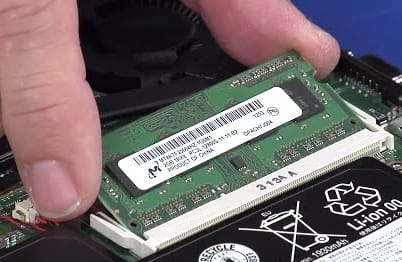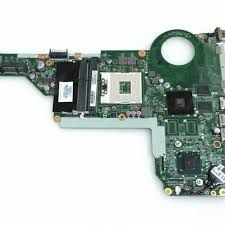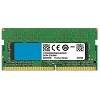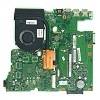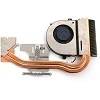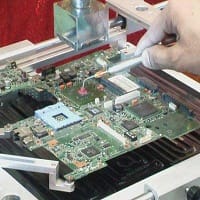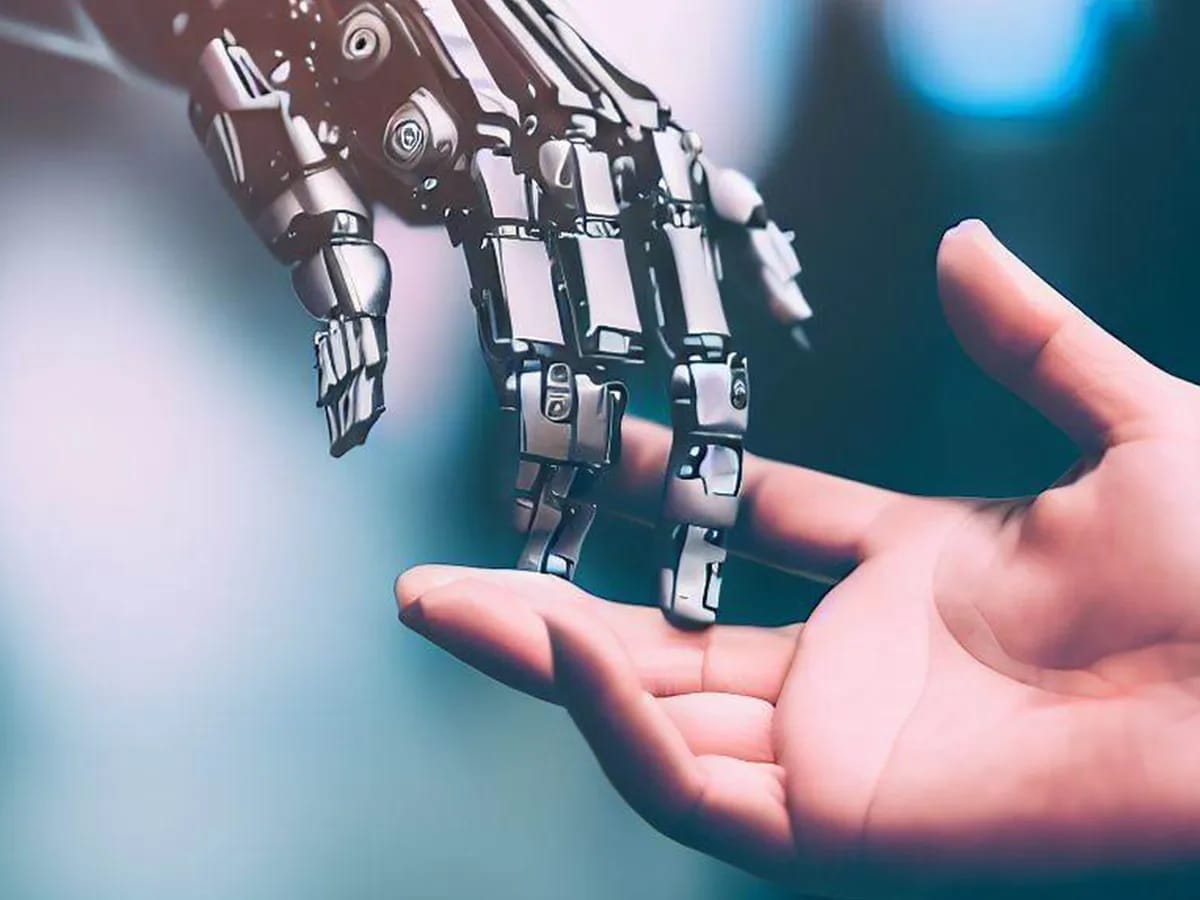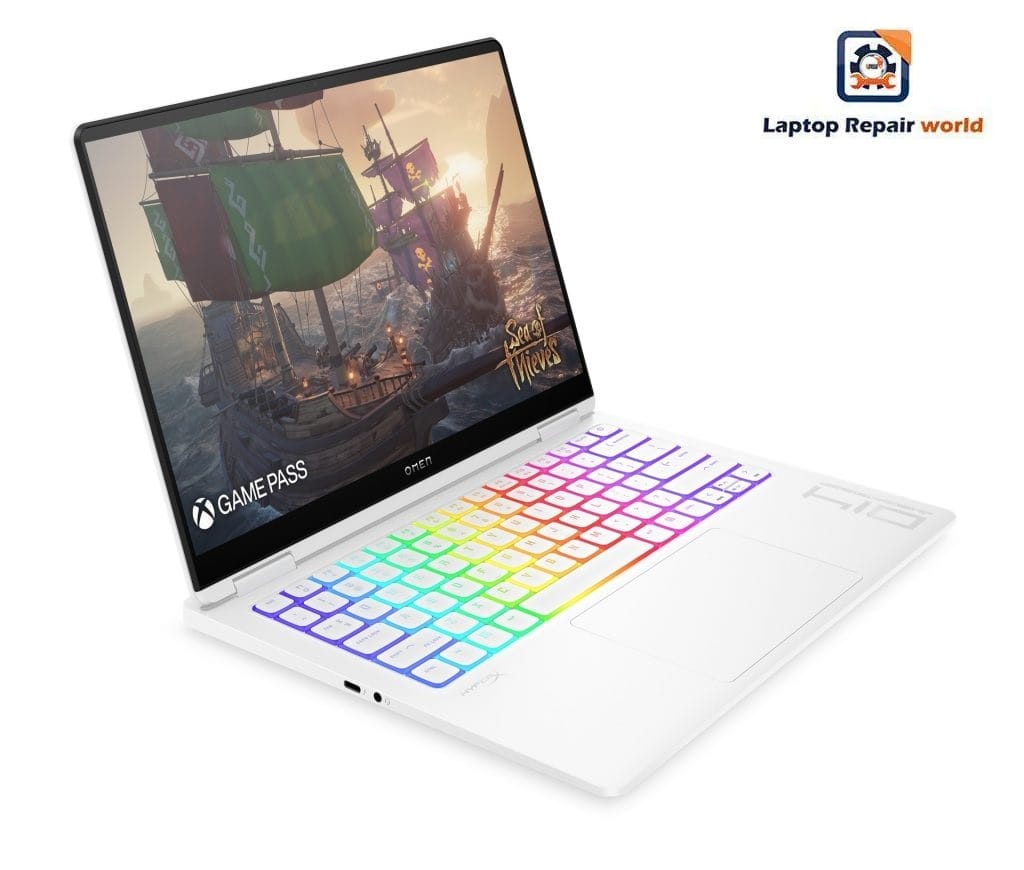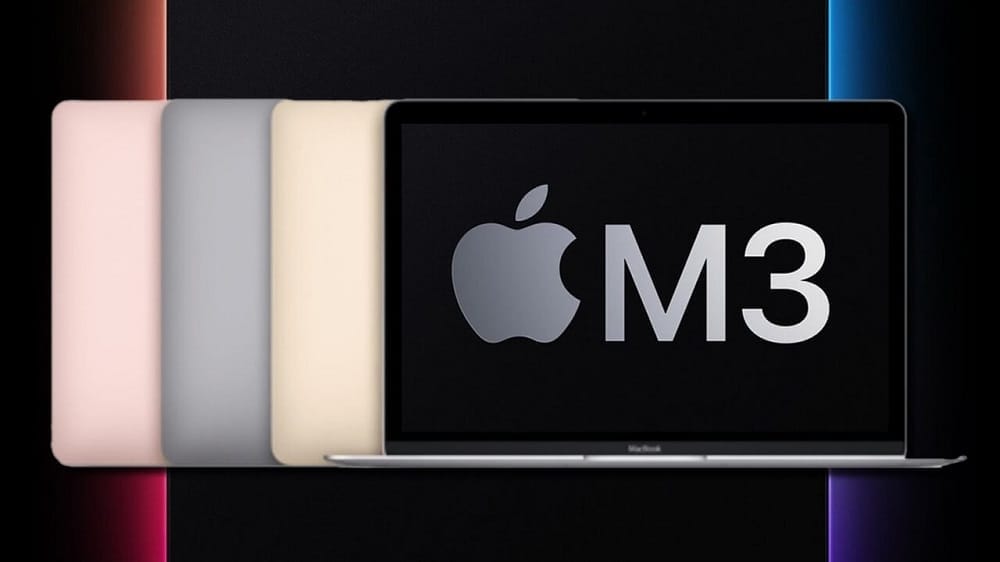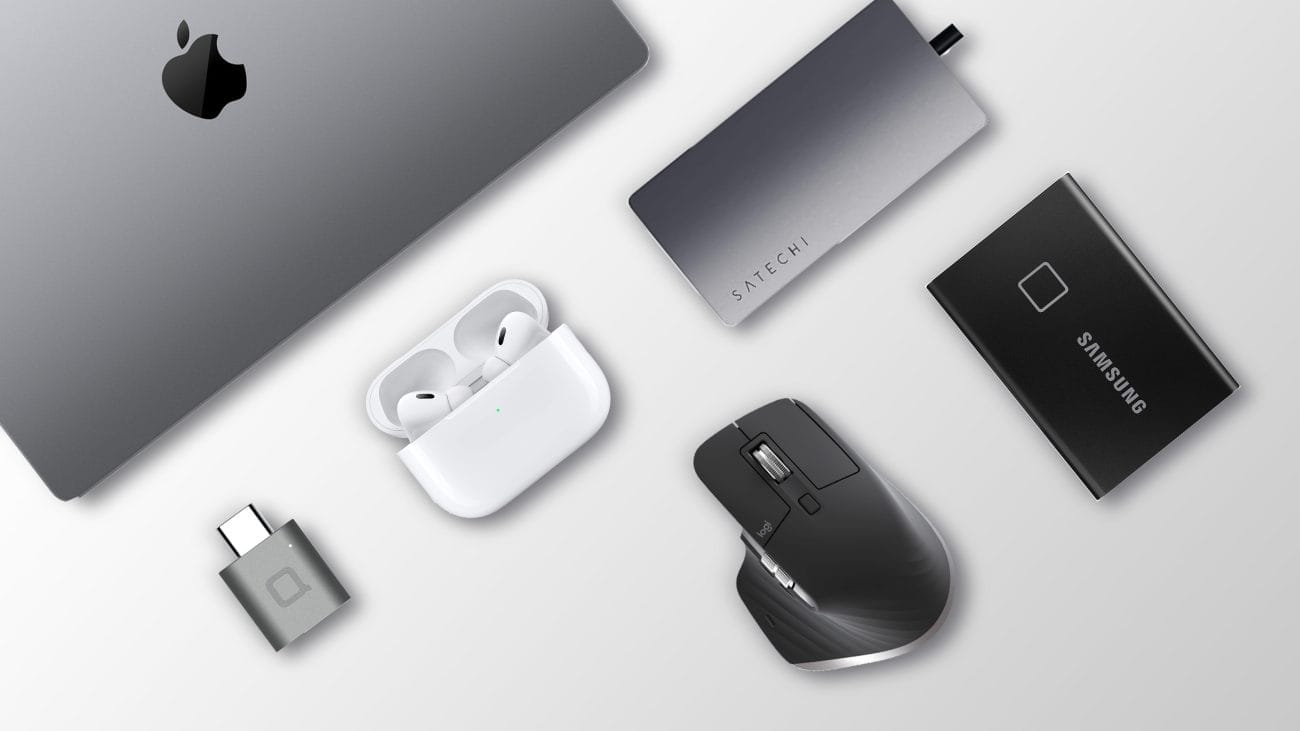The AI Revolution: How Smart Computers Are Changing the World (and Ours) – A Deep Dive
The emergence of Artificial Intelligence (AI) stands as one of the most significant technological advancements of our time. No longer confined to science fiction, AI is rapidly transforming our world, touching every facet of our lives from the mundane to the profound. This deep dive explores the current state of the AI revolution, its impact on various sectors, and the potential consequences for humanity’s future.
Understanding the AI Landscape:
Before diving into specifics, let’s establish a common understanding. AI encompasses a broad range of technologies, from machine learning (algorithms that learn from data) to natural language processing (machines understanding and generating human language) to deep learning (neural networks inspired by the human brain). While not sentient or conscious, these technologies exhibit remarkable capabilities:
- Pattern Recognition: Identifying complex patterns in data, aiding in medical diagnosis, fraud detection, and scientific discovery.
- Prediction: Forecasting future trends in markets, weather, and even human behavior.
- Decision Making: Optimizing complex systems, guiding autonomous vehicles, and supporting strategic planning.
- Automation: Performing repetitive tasks with superhuman speed and accuracy, leading to increased efficiency in various industries.
The AI Revolution in Action:
The impact of AI extends far beyond theoretical possibilities. Here are some real-world examples:
- Healthcare: AI algorithms analyze medical scans, suggest diagnoses, and even predict potential diseases.
- Finance: Algorithmic trading dominates markets, and AI models assess loan risks and personalize financial advice.
- Manufacturing: Robots powered by AI collaborate with humans on assembly lines, optimizing production processes.
- Transportation: Self-driving cars are inching closer to reality, promising safer and more efficient roads.
- Media and Entertainment: AI personalizes recommendation engines on streaming platforms and generates realistic synthetic media.
The Ripple Effect: Opportunities and Challenges:
The AI revolution presents both incredible opportunities and significant challenges:
Opportunities:
- Economic Growth: Increased productivity and automation can lead to higher economic output and improved living standards.
- Innovation and Discovery: AI can accelerate scientific research and unlock new solutions to complex problems.
- Personalized Experiences: AI can tailor products, services, and information to individual needs and preferences.
Challenges:
- Job displacement: Automation through AI could lead to job losses in certain sectors, requiring significant workforce retraining and social safety net adaptations.
- Ethical concerns: Bias in AI algorithms can perpetuate social inequalities, highlighting the need for ethical development and deployment.
- Algorithmic opacity: Complex AI models can be “black boxes,” raising concerns about accountability and unintended consequences.
- Potential existential risks: Some experts warn of advanced AI surpassing human intelligence and becoming uncontrollable, necessitating responsible development and safeguards.
Navigating the AI Future:
As we navigate the AI revolution, responsible and proactive measures are crucial:
- Investing in education and reskilling: Preparing individuals for the changing job market through continuous learning and skill development.
- Developing ethical guidelines for AI: Establishing clear principles and frameworks for responsible and unbiased AI development.
- Promoting transparency and explainability: Making AI models understandable to facilitate trust and accountability.
- Open and international collaboration: Addressing the global implications of AI through international cooperation and knowledge sharing.
The Final Word:
The AI revolution is far from over, and its long-term impact remains uncertain. While challenges exist, the potential for positive transformation is undeniable. By harnessing the power of AI responsibly and thoughtfully, we can create a better future for ourselves and generations to come. This journey requires active participation from individuals, policymakers, and technologists alike. The choices we make today will shape the world powered by AI, a world that offers both immense opportunities and profound challenges. Are we ready to embrace the AI revolution and all it entails?
This deep dive is just a starting point. To truly understand the AI revolution, further exploration and critical thinking are essential. Stay informed, engage in discussions, and participate in shaping the future of AI for the benefit of all.






